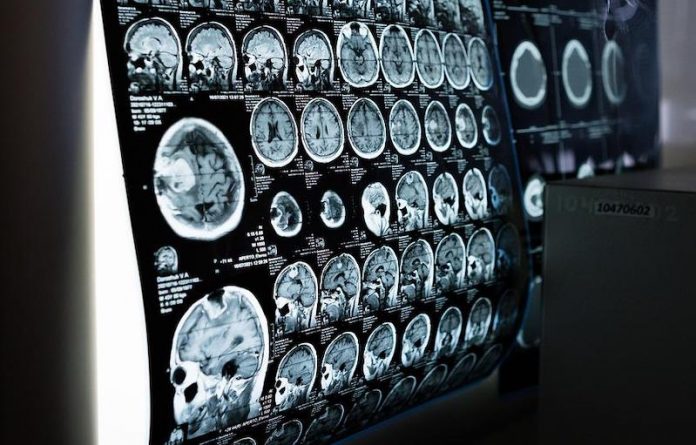
Scientists from Penn State found that stroke patients who have a seizure following their diagnosis are two and a half times more likely to develop dementia than patients who don’t experience seizures.
The results warrant further study into whether monitoring and treating young stroke survivors — those 60 years old and younger — for seizures can slow or prevent dementia onset and progression.
The research is published in the journal Neurology and was conducted by Dr. Alain Lekoubou Looti et al.
Dementia, a neurocognitive disease involving memory loss and language and problem-solving deficits, affects approximately 3% of all stroke patients annually and is associated with an increased likelihood of stroke recurrence and other complications, including death.
Risk factors like diabetes and stroke characteristics have previously been used to predict patients at the greatest risk for developing dementia.
Since stroke survivors are treated for seizures at a rate greater than the general population, the team aimed to see whether having a seizure increased a stroke patient’s risk for developing dementia.
They analyzed data from nearly 24,000 patients ages 18 to 60 years old in a private insurance database who experienced a stroke between 2006 and 2009.
The team identified patients who had seizure and dementia diagnoses within five years following their stroke.
Seizures occurred in 6.7% of stroke patients and dementia developed in 1.3% of the patients studied.
The researchers found that young stroke patients who had seizures had a 2.5 times greater risk of developing dementia compared to those who did not have post-stroke seizures.
They suggest seizures are a common complication of stroke. Screening and treating stroke survivors for them may reduce the onset of dementia.
If you care about stroke, please read studies about a major cause of stroke, and eye photos can help predict stroke, dementia, and early death.
For more information about brain health, please see recent studies about coffee and tea could help lower stroke and dementia risks, and results showing salt substitutes could effectively prevent stroke.
Copyright © 2022 Knowridge Science Report. All rights reserved.



